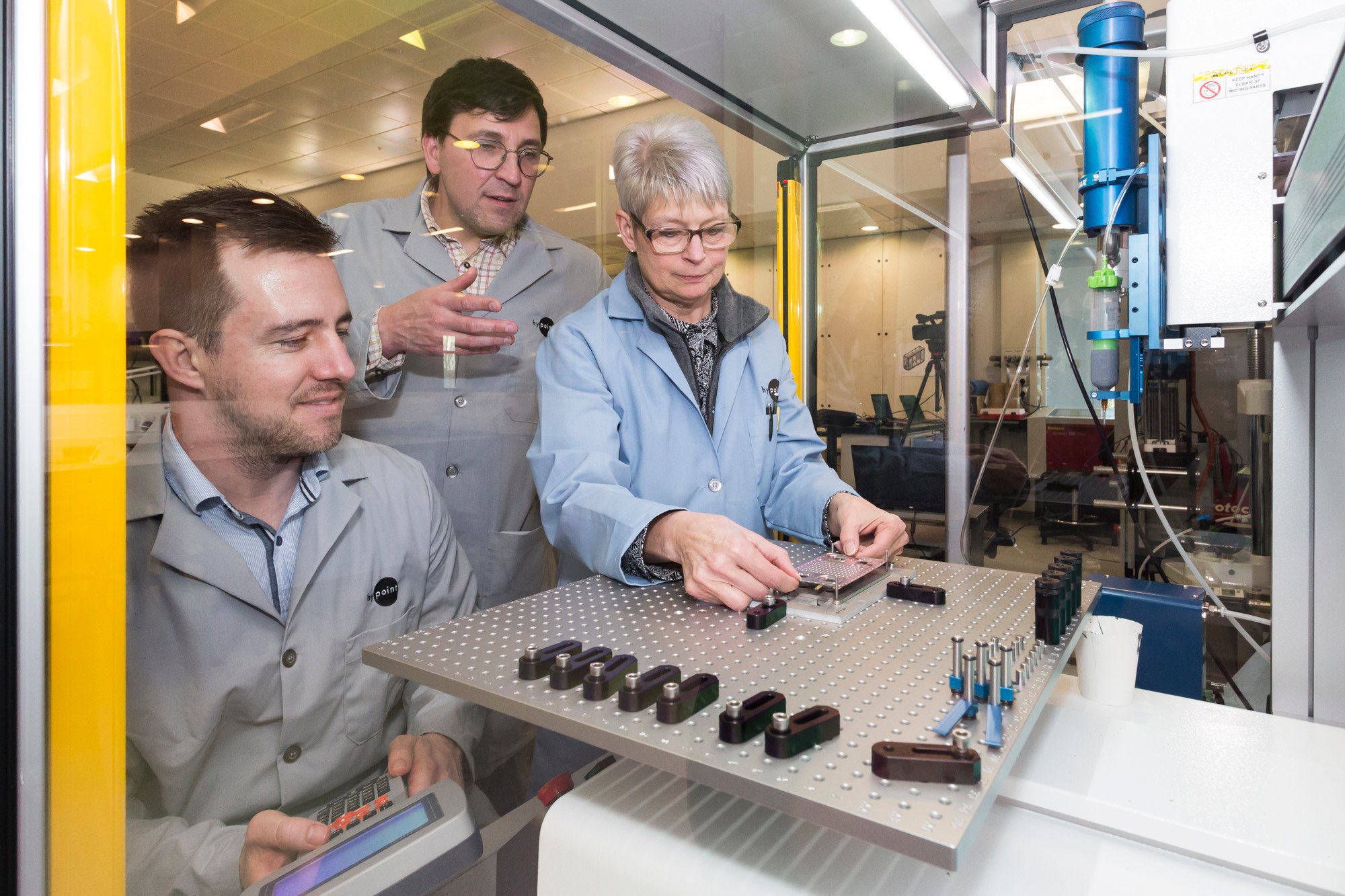Hydrogen-electric propulsion system developer ZeroAvia is adding fuel cell stack technology to its portfolio with the acquisition of HyPoint. The deal between the two California-based start-ups was announced on October 6, without the purchase price or other financial terms being disclosed.
ZeroAvia intends to integrate HyPoint’s high-temperature fuel cells with the hydrogen powertrains it is developing to convert existing regional airliners. All 40 members of HyPoint’s staff are now employed by the new owner, and its engineering team has been merged with ZeroAvia’s hydrogen power generation systems division, led by CTO Rudolf Coertze.
HyPoint’s CEO, Alex Ivanenko, is taking the new position of general manager for VTOL and new segments to develop possible rotorcraft applications for the propulsion systems. The company is already working with Piasecki on a hydrogen-powered helicopter.
Over the past couple of years, the two companies have worked increasingly closely together on turbo-air-cooled, high-temperature proton membrane exchange (HTPEM) fuel cells. In February 2022, HyPoint relocated most of its research and development work to Sandwich in the south of England to be closer to ZeroAvia’s UK project team, which is focused on the government-backed HyFlyer II program. The powertrain will use hydrogen in fuel cells to generate electricity, which powers electric motors to turn the aircraft’s propellers; water is the only byproduct.
The acquisition follows a recent agreement between ZeroAvia and Sweden’s PowerCell covering the joint development and manufacturing of fuel cell stacks. Under the partnership, PowerCell will produce at least 5,000 aviation-optimized low-temperature proton exchange membrane (LTPEM) fuel cell stacks between 2024 and 2028.
“There are no other organizations with the breadth of expertise and world-leading IP in hydrogen-electric aviation that we now have within the company,” said ZeroAvia founder and CEO Val Miftakhov. “This acquisition, together with our partnership with the lead LTPEM fuel cell maker, PowerCell, puts us in the top position for delivering the most environmentally and economically attractive solution to aviation’s growing climate impact.”
At its Kemble site in the UK, ZeroAvia is preparing to start flight testing a converted Dornier 228 twin turboprop. The company aims to secure approval for conversions through supplemental type certificate (STC) in time for a nine- to 19-seat aircraft to start commercial flights over a 300-mile range by 2025, increasing to a 700-mile range in a 40- to 80-seat aircraft by 2027.
Last month, Textron Aviation announced that it will work with ZeroAvia to convert its Cessna Grand Caravan aircraft to hydrogen power using the 600-kilowatt ZA600 powertrain. The project is part of the U.S. aircraft manufacturer’s new eAviation division and its engineers will support ZeroAvia to develop the STC.
